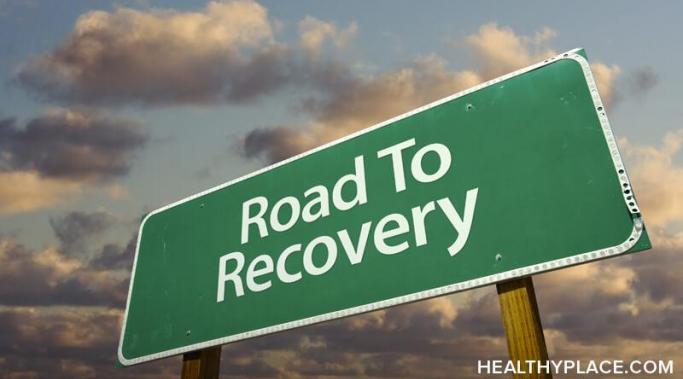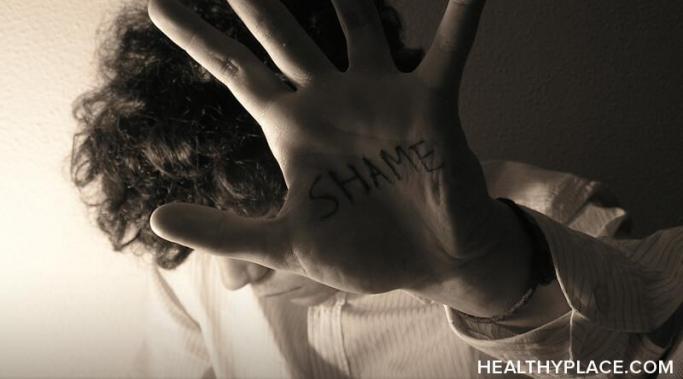On August 10, 2022, I wrote about how I reached a milestone in my trauma recovery, specifically, how I managed through a potentially high-triggering event without incident. The most significant milestone will arrive this weekend when I return to where the worst part of the trauma occurred. I'm trying to be proactive in my preparations by taking stock of the panic- and anxiety-mitigation tools I have at my disposal.
Anxiety Symptoms – Anxiety Schmanxiety
Almost a year ago to the day, I crashed headlong into weeks of crippling panic and anxiety attacks that left me terrified and traumatized. I sought out and found a trauma therapist who could help me get beyond the trauma so I could be myself and get back to living. I'm delighted to say that last week, I reached a significant milestone in my trauma recovery.
I've never considered myself a perfectionist. My handwriting is messy, and my closet is cluttered. I can't cook or draw. I sing off-key, and I can't visualize. As a flawed human being, I accept imperfection. Why, then, does my anxiety spike, and I feel as though I am to blame when things go wrong or when I perceive myself as having disappointed others?
I am a relatively healthy person, apart from having anxiety and the physical symptoms associated with it. I'm lucky. Like a lot of people, I take my physical health for granted. Sure, I try to eat right and exercise almost daily, but on the whole, I go about my days assuming my health will continue to serve me as it has. Very recently, however, I heard from my doctor that I need a special test because cancer is suspected. Managing my anxiety while waiting to undergo medical tests has become my latest challenge.
Late last summer, I went through weeks of acute panic and anxiety. I was very sick, and the mental and physical symptoms I endured were traumatic. I am in treatment to address those traumas, including the guilt and shame I felt from being sick and the residual guilt and shame I feel to this day.
"I am innocent of the illness that befell me." "I am strong. I am brave." "I am worthy of self-compassion." These are a few of my positive affirmations, said aloud or in silence, to help (re)train my brain. When I started therapy to treat trauma-induced anxiety and panic, these words were hollow and represented nothing more than wishful thinking. As my treatment progresses, adaptive thoughts, similar to my affirmations, are integrating themselves into what I believe about myself.
As I’ve discussed in previous posts, a little over two years ago, I survived a catastrophic apartment fire. Among other things, the experience left me with the fear that something bad will happen to me in the future. I have not been able to shake that feeling. In this post, I want to briefly discuss that.
Therapy can be grueling sometimes. Anybody who tells you differently is either lying or trying to soften the blow. Regardless, they've done you a disservice, in my opinion. In order to reap the benefits of therapy, a commitment to work hard in partnership with your therapist is required. I've engaged in trauma therapy to help with my anxiety. My experience with eye movement desensitization and reprocessing (EMDR) trauma therapy is hard work that's paying off.
I've suffered from anxiety since I was a child, although I didn't get diagnosed with an anxiety disorder until my late-30s. The often visceral symptoms of anxiety are hard enough for an adult to describe, let alone a child. The episodes I had as a child were scary, and while I tried to explain what was happening to my parents, they simply didn't know enough back then to help me. And so, I began to suffer my anxiety in silence.
I've been on antianxiety medication since 2001 when I was first diagnosed with anxiety and depression. Out of some odd compulsion or perhaps, shame from having to take drugs to manage my mental illness, I weaned off my anxiety medications three times since I began. The first two times, it ended badly. The last time, it ended in disaster.









